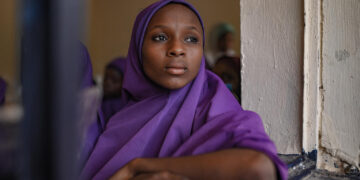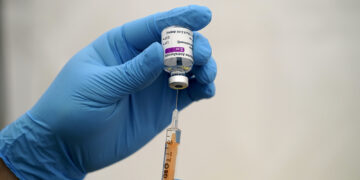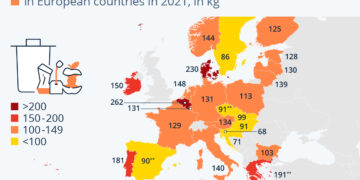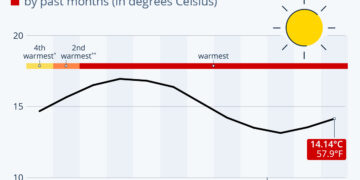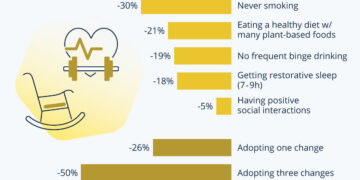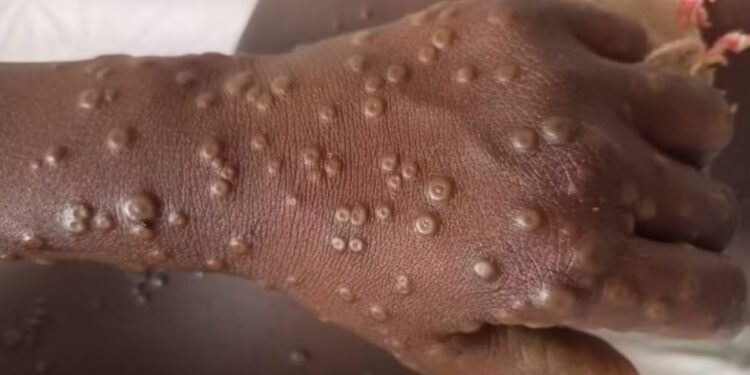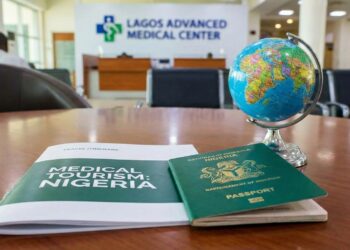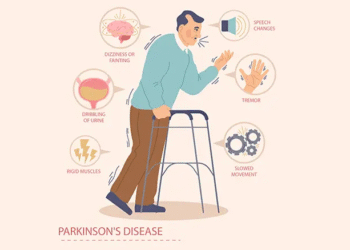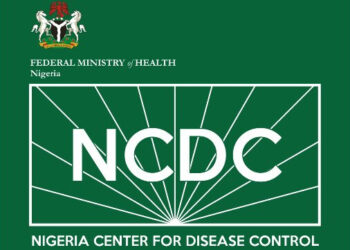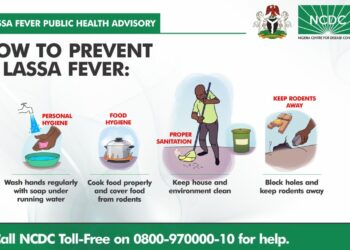The recent declaration of Mpox as a Public Health Emergency of Continental Security (PHECS) by the World Health Organisation (WHO) and Africa CDC has prompted swift action from the Nigerian government. Here’s what you need to know about the current situation and how you can protect yourself:
What You Can Do:
- Stay informed: Keep up-to-date with official announcements from the Nigeria Centre for Disease Control and Prevention (NCDC).
- Practice good hygiene: Wash your hands frequently and avoid close contact with people showing symptoms.
- Be aware of symptoms: Watch for fever, headache, body aches, weakness, swollen lymph nodes, and rash.
- Seek medical attention: If you experience symptoms, consult a healthcare professional immediately.
- Avoid contact with wild animals: Particularly rodents, squirrels, and monkeys, which may carry the virus.
- Consider vaccination: If you’re in a high-risk group or live in a hotspot area, discuss vaccination options with your healthcare provider once available.
Government Interventions:
High Alert Status: The NCDC has placed all port health services across international airports, seaports, and land borders on high alert.
- State-Level Monitoring: Nine states (Lagos, Enugu, Kano, Rivers, Cross-River, Akwa-Ibom, Adamawa, Taraba) and Abuja are under increased surveillance.
- Vaccine Procurement: Nigeria expects to receive 10,000 doses of the Jynneos vaccine, with plans to vaccinate high-risk groups and hotspot areas.
- Enhanced Coordination: The NCDC is intensifying communication with stakeholders to manage the spread and prevent disease importation.
- Public Health Measures: The government is implementing strategies to control the outbreak and protect public health.
- Monitoring New Strains: Authorities are tracking a new strain of the Mpox virus that emerged in eastern Congo and has been detected in neighboring countries.
By staying informed and following preventive measures, we can work together to control the spread of Mpox. Remember to rely on official sources for accurate information and consult healthcare professionals if you have concerns.
The recent declaration of Mpox as a Public Health Emergency of Continental Security (PHECS) by the World Health Organisation (WHO) and Africa CDC has prompted swift action from the Nigerian government. Here’s what you need to know about the current situation and how you can protect yourself:
What You Can Do:
Stay informed: Keep up-to-date with official announcements from the Nigeria Centre for Disease Control and Prevention (NCDC).
Practice good hygiene: Wash your hands frequently and avoid close contact with people showing symptoms.
Be aware of symptoms: Watch for fever, headache, body aches, weakness, swollen lymph nodes, and rash.
Seek medical attention: If you experience symptoms, consult a healthcare professional immediately.
Avoid contact with wild animals: Particularly rodents, squirrels, and monkeys, which may carry the virus.
Consider vaccination: If you’re in a high-risk group or live in a hotspot area, discuss vaccination options with your healthcare provider once available.
Government Interventions:
High Alert Status: The NCDC has placed all port health services across international airports, seaports, and land borders on high alert.
State-Level Monitoring: Nine states (Lagos, Enugu, Kano, Rivers, Cross-River, Akwa-Ibom, Adamawa, Taraba) and Abuja are under increased surveillance.
Vaccine Procurement: Nigeria expects to receive 10,000 doses of the Jynneos vaccine, with plans to vaccinate high-risk groups and hotspot areas.
Enhanced Coordination: The NCDC is intensifying communication with stakeholders to manage the spread and prevent disease importation.
Public Health Measures: The government is implementing strategies to control the outbreak and protect public health.
Monitoring New Strains: Authorities are tracking a new strain of the Mpox virus that emerged in eastern Congo and has been detected in neighboring countries.
By staying informed and following preventive measures, we can work together to control the spread of Mpox. Remember to rely on official sources for accurate information and consult healthcare professionals if you have concerns.
Here are relevant hashtags based on the blog post:
#MpoxAlert
#PublicHealth
#NCDCNigeria
#MpoxPrevention
#VaccineEfforts
#StaySafe
#HealthAwareness
#AfricaCDC
#GlobalHealth
#ZoonoticDisease
#MpoxSymptoms
#HealthcarePriorities
#DiseaseSurveillance
#BorderAlert
#NigeriaHealth
#PandemicPreparedness
#VirusOutbreak
#HealthSecurity
#AfricanHealthcare
#PublicHealthEmergency
#HealthToday
#CatalystMedia
#CsitNigeria
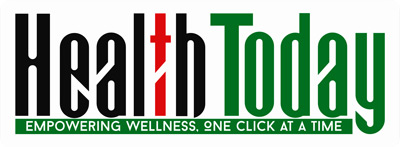

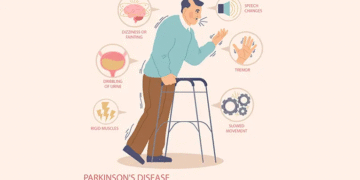

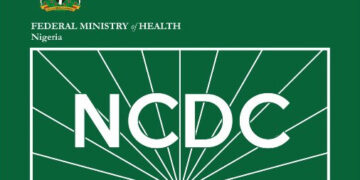
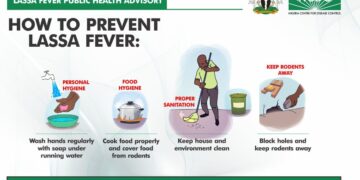

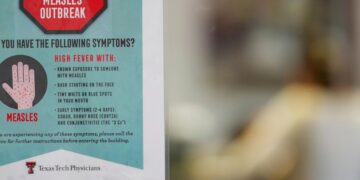




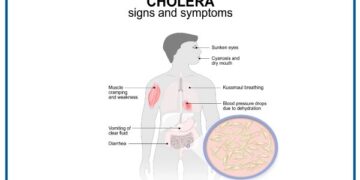
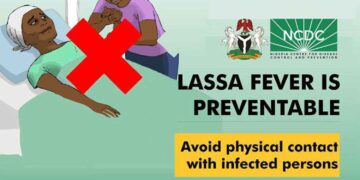
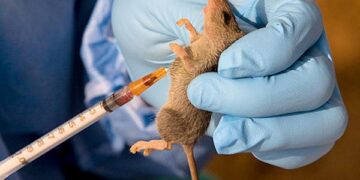
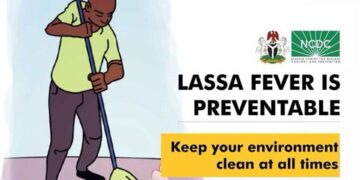
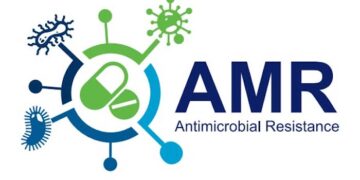
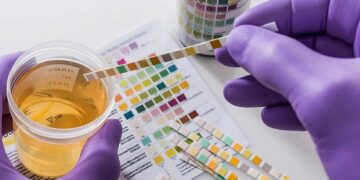
![Antimicrobial Resistance [AMR] in Hausa](https://healthtoday.com.ng/wp-content/uploads/2024/02/antimicrobial-resistance-AMR--360x180.jpeg)


